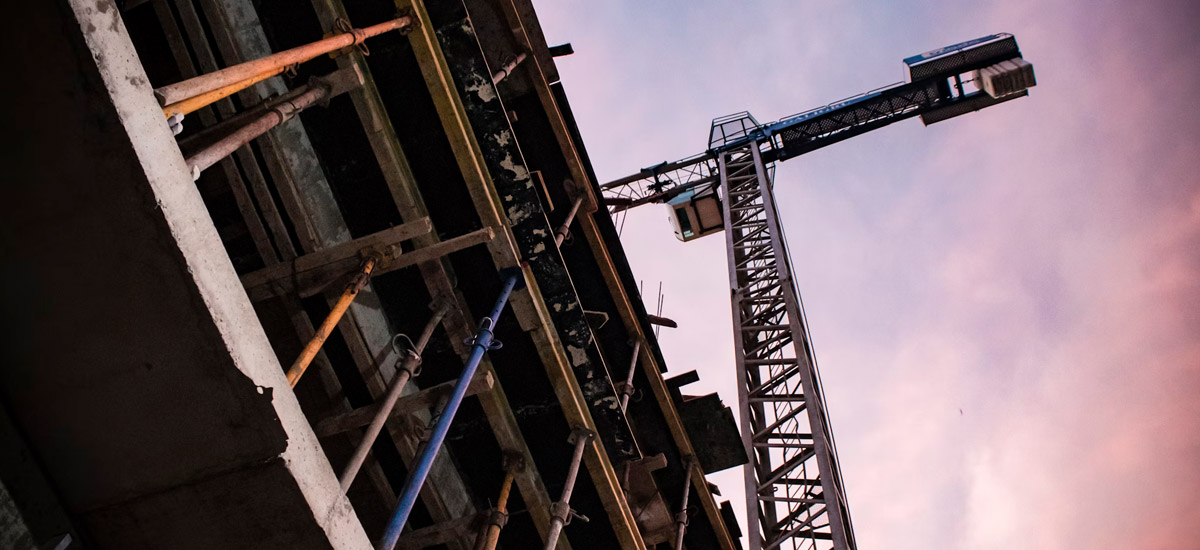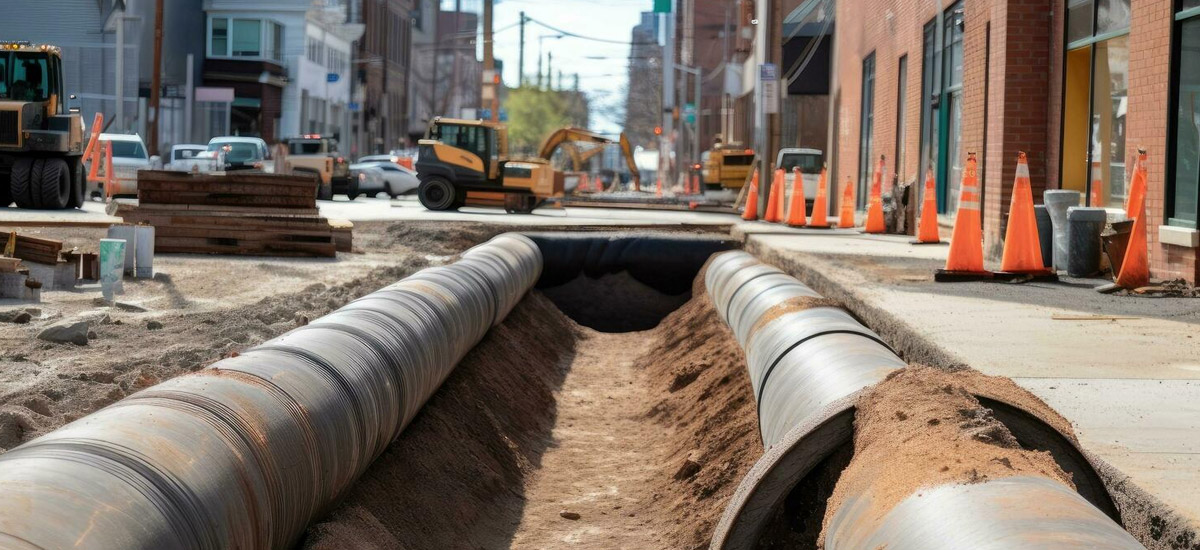The beautiful province of British Columbia is one of Canada’s treasures. Forestry, mining, construction, tourism; you can find it all in BC. As the province continues to develop, BC Bonds have become an essential tool for businesses and contractors.
For those new to the industry or the region, understanding the intricacies of these bonds is crucial. This guide aims to provide a comprehensive overview of BC Surety Bonds, their types, and their applications.
Introduction to Surety Bonds in British Columbia
A surety bond is a legally binding contract that involves three primary parties:
- Principal: This is the party that purchases the bond and has the obligation to perform a specific task.
- Obligee: The party that requires the bond and stands to benefit if the principal fails to fulfill their obligation.
- Surety: The entity, usually an insurance company, that backs the bond. If the principal fails to meet their commitments, the surety company compensates the obligee.
These bonds are commonly used in various sectors, with civil construction work being a prime example. For businesses, especially general contractors, surety bonds can be leveraged to guarantee contract fulfillment from subcontractors, ensuring projects are completed as agreed.
Next we’ll get into the different kinds of bonds including all types of construction bonds.
Diving Deeper: Types of Bonds
Broadly speaking, surety bonds can be categorized into two types: Contract Bonds and Commercial Bonds. Each of these categories encompasses several specific bond types. In BC, we’ll often see CCDC (Canadian Construction Documents Committee) wordings leveraged as the standard for verbiage on contract bonds, but ultimately this is up to the obligee.
Contract Bonds:
- Bid Bonds: These ensure that if a contractor wins a bid, they will honor the contract’s terms and not back-out after being awarded.
- Consent of Surety: A confirmation from the surety company that it will provide a performance bond if the contractor is awarded a project.
- Performance Bond: Guarantees the completion of a project by the contractor as per the contract’s terms. Typically also includes a maintenance or warranty period.
- Labour & Material Payment Bond: Ensures that the contractor will pay any monies owed to subcontractors and suppliers on a specific job.
- Maintenance Bond: Ensures the ongoing maintenance of a project post-completion for a specified period.
Commercial Bonds:
- Customs & Excise Bonds: These guarantee that businesses will pay import duties and taxes.
- License & Permit Bonds: Ensure businesses adhere to laws and regulations when obtaining licenses or permits in various industries.
- Administration Bonds: Used in probate courts to ensure the honest and faithful performance of a fiduciary duty.
- Developer/Subdivision Bonds: Guarantees that developers will maintain site servicing standards for real estate developments as per local regulations. This bond replaces Letters of Credit issued to municipalities for development agreements.

The Process & Costs of Acquiring Bonds
Small Commercial Bonds:
These bonds are relatively straightforward to obtain. The underwriting requirements are less stringent, making them accessible to a broader range of businesses. The cost of these bonds varies based on several factors, including the bond’s value, the business’s financial health, and the surety company’s terms.
Some examples are the Electrical Contractor’s Bond and Gas Contractor’s Bond which are offered starting at only $150 per year.
Contract Bonds and Bond Facilities:
Unlike small commercial bonds, obtaining contract bonds requires setting up what’s called a bond facility. Think of this facility as a subscription service, allowing businesses to secure contract bonds as and when needed.
While these facilities are prevalent in the construction industry, their utility extends to various sectors. The process involves quite rigorous underwriting, assessing the business’s financial strength, experience, and capacity to perform work in their field.
The Role of Underwriters in the Bonding Process
Underwriters are the backbone of the bond issuance process. They assess the risk associated with issuing a bond to a particular entity and determine the bond premium based on this assessment.
Risk Assessment: Underwriters meticulously evaluate the financial health, track record, and capacity of a business seeking a bond. They delve into financial statements, assess the management’s experience, and even consider the business’s reputation in the industry. This rigorous evaluation ensures that the surety company is not taking on undue risk.
Determining the Premium: Once the risk assessment is complete, underwriters determine the bond premium, which is the cost the business must pay to obtain the bond. The premium is usually a percentage of the bond amount. For businesses with a strong financial position and a good track record, the premium is typically lower. Conversely, businesses perceived as higher risk might face a steeper premium.
Continuous Monitoring: The role of the underwriter doesn’t end with the issuance of a bond or setting up a bond facility one time. They continuously monitor the business’s performance and financial health. If they identify any potential risks or issues, they can recommend corrective actions or even decide not to renew a bond facility / change its terms upon expiration.
Keeping this all in mind, you can consider a bond facility similar to a line of credit. Often times bonding will be confused with insurance, which is absolutely not the case. You can learn more about these differences in our article titled: Why Surety Bonds Are Not Insurance.
Get in touch with a Surety Bond expert
The Role of Brokers in the Surety Industry
Brokers act as intermediaries between businesses seeking bonds and surety companies. Their expertise lies in understanding the bond market, the requirements of different surety companies, and the specific needs of businesses.
The roles of a surety bond broker include, but are not limited to:
- Matching Businesses with Suitable Sureties: Brokers assess the needs of a business and match them with a surety company that aligns with their requirements and risk profile.
- Streamlining the Application Process: Brokers guide businesses through the bond application process, ensuring all necessary documentation is in order and increasing the chances of bond approval.
- Negotiating Premiums: With their in-depth knowledge of the market, brokers can negotiate bond premiums, aiming to secure the best rates available in the market.
- Educating Corporate Principals: This is a key aspect of a broker’s value. A surety broker should be educating and updating their clients in all areas of the industry.
Using a broker is a mandatory requirement in Canada; businesses and people seeking bonds cannot go directly to an underwriter and must go through their selected broker.
All surety bond brokers that can issue BC bonds must be licensed through the Insurance Council of British Columbia.
Although bonds are not an insurance product, it is the same regulatory body that manages licensing for insurance. One of the reasons for this is that the expertise and financial capability for underwriters to issue guarantees in the form of surety bonds is similar to that in the insurance industry.
Leveraging Bonds in Business Operations
Bonds can be a strategic tool for businesses. Companies can request bonds from partners or contractors to ensure they fulfill their contractual obligations.
This approach is especially beneficial when there’s a need to guarantee performance without tying up capital. Instead of a letter of credit or certified cheque, which can immobilize significant funds, bonds offer a more flexible alternative.
On the other side of the equation, displaying that your business is able to provide bonds to others instills confidence and assurance when project owners are reviewing tender submissions or deciding on whom to hire.
The Future of BC Bonds and Their Impact in the Province
The financial world is in a state of constant evolution, and BC Bonds are at the forefront of this transformation. As businesses and governments become more familiar with the advantages of surety bonds, their adoption in British Columbia is set to continue to rise.
There are products such as Subcontractor Default Insurance (SDI) that aims to replace bonds in some capacity; however, these insurance products put significant onerous on the purchaser of the policy. There are also holes in the protection SDI provides relative to adequately bonded contracts.
Real-World Examples of BC Bonds in Action
Example 1: A mid-sized construction company is looking to expand its operations. By leveraging BC Bonds, the company is able to secure the necessary bonds, enabling them to bid on larger projects. The transparency of the bonding process also instilled confidence in their potential clients, leading to more collaborative ventures.
Example 2: An importer logistics company is often facing challenges with capital due to idle liquidity tied-up with CBSA. A Release Prior to Payment Bond (RPP Bond) replaces this requirement when dealing with international shipments. Obtaining this type of customs bond is a no-brainer for a business having import duty requirements.

Frequently Asked Questions for BC Bonds
Q: What is the primary purpose of a BC Bond?
A: A BC Bond, or British Columbia Bond, is typically designed to guarantee the performance of a specific obligation. It acts as a safety net, ensuring that projects or tasks are completed as agreed upon, protecting the obligee from the potential default of the principal.
___
Q: How does a surety bond differ from insurance?
A: While both surety bonds and insurance provide financial protection, they serve different purposes. Insurance protects the insured from unforeseen events, while a surety bond protects the obligee against the principal’s failure to meet their obligations.
___
Q: Are Surety Bonds mandatory for all businesses in British Columbia?
A: No, bonds are not mandatory for all businesses. However, they are often required in specific industries, especially in civil or large-scale construction, to ensure the completion of projects and protect stakeholders.
___
Q: How are bond premiums determined?
A: Bond premiums are determined by underwriters who assess the risk associated with issuing a bond to a particular entity. Factors considered include the business’s financial health, track record, and the bond’s value / type.
___
Q: Can a business operate without a bond facility?
A: Yes, a business can operate without a bond facility. However, having a bond facility in place allows businesses to secure contract bonds as and when needed, providing flexibility and ensuring they can meet any contractual obligations that may arise.
___
Q: What happens if a business fails to honor the terms of the bond?
A: If a business (the principal) fails to honor the bond’s terms, the surety company steps in to compensate the obligee. Subsequently, the principal is obligated to reimburse the surety for any claims paid. This is accomplished via an legal instrument called an ‘indemnity agreement’.
___
Q: How can a business benefit from using a broker in the bonding process?
A: Brokers have in-depth knowledge of the bond market and can guide businesses through the application process, match them with suitable sureties, and even negotiate bond premiums on the principal’s behalf.
You're no longer a 'beginner' when it comes to surety bonds.
BC Bonds are not just a financial instrument; they’re a testament to a business’s credibility and commitment.
With the right understanding and strategy, businesses in British Columbia can leverage these bonds to ensure growth, trust, and long-term success.
We’d be happy to help with any of your bond requirements in our beautiful province. Book a consultation below or get in touch today to get started!






